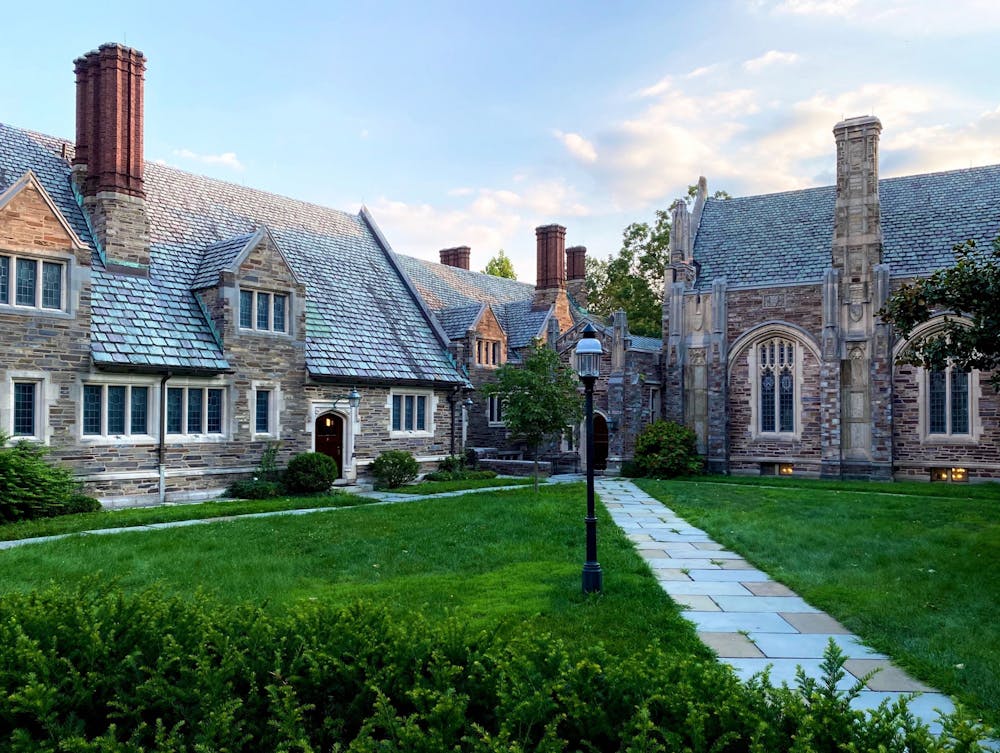To the extent we recall, every year of our lives was planned: we go to elementary school, middle school, high school, and then college. The earliest ones, discharged from such obligations, were forgotten. Thus, we essentially have no experience going through a whole year without projecting it first. And this lack of control is frightening.
The University's decision to make the fall term fully virtual has led to a rapid change in the students’ plans. I found it important to write about one of the options that I and many more students than expected decided to take: gap years.
The motivations for taking a gap year have changed. Financial struggles and safety from the coronavirus are obvious reasons, but others might include not wanting to forfeit a traditional college environment for a socially distant education, significant time zone differences, and/or the lack of an adequate home environment in which to study. Whatever the reason, taking a year off can still be worth it, even though many of the usual gap year activities have been equally affected by COVID-19.
Traditionally, gap years are spent abroad participating in programs intended to offer work or volunteer experience, internships, language immersion, or all of the above. It serves as a time for students to take a break from formal education to explore other interests and try to find out more about themselves.
In other words, they were never meant to be spent inside. But these are different times. In addition to restrictions on travel and person-to-person interaction, we have to deal with the stress of living in the middle of a pandemic while still attempting to remain productive, as demanded by our society.
The pressure to “produce” while quarantined can have adverse effects on your emotional well-being. In an article in the New Republic, Nick Martin explains that the quest for efficiency results from the belief that any second not used for so-called individual progression is a squandered second. Now, with more time at home, the possibility of waste grows to an ever-increasing extent.
Given this pressure, it is necessary to keep in mind that a significant part of the gap year cannot, and should not, be measured by an addition to your resume or an increase in your money earned. After hearing from other students about their gap year experiences in years prior, I have seen how they actually profited from the downtime with diminished pressure. It resulted in greater personal development, and an alternate learning mentality and point of view on life.
This chance to gain a new perspective can force us to focus on what, in the end, really matters. It is a fact that our best chance of overcoming this situation that has befallen us is by working together, exercising collective responsibility, and looking for alternatives to build the new reality, which undoubtedly awaits all of us, individually and collectively.
If we do so, the answer to the question, “who will we be after the pandemic?” most likely will be resilient, empathic, tolerant, and more human. We have the chance to create new narratives for the concept of humanity, which is the same understanding students look for in a traditional gap year experience. So, even if you do not stay productive while on your gap year, you can still evolve in these aspects just by dealing with the current circumstances.
However, if you feel like trying new things, there is still room for creativity to craft unique opportunities. Since most of the activities went online, the range of possibilities is now even broader. Try out a couple of free online classes to pinpoint precisely what program to pursue in college. If you want to volunteer, there's always a multitude of things you can do from a distance, even though you can't head out to other countries to support them. You can learn a foreign language or connect with people online by translating documents for an NGO or teaching middle school kids from other countries. There's no dependable method to quantify a gap year's accomplishment, particularly with all the limitations you are confronting now. With this in mind, take advantage of the flexibility afforded by a year off, and do what makes sense for you.
Whether you make the most out of your gap year or not by society’s standards of productivity should not be the measure of whether it was worth it. You will still acquire all of the experiences of someone who went to another country just by going through all that is happening right now. It is a tough time to be making such important choices, so nobody will blame you for going with your gut once you have taken in the entirety of your options. This is not the time to rely on conventional methods for your journey. Your most important consideration now should be your own priorities. And to discover these, you must put your own well-being first.
Maria Luisa Parada is a member of the Class of 2025 from São Paolo, Brazil. She can be reached at mparada@princeton.edu.









